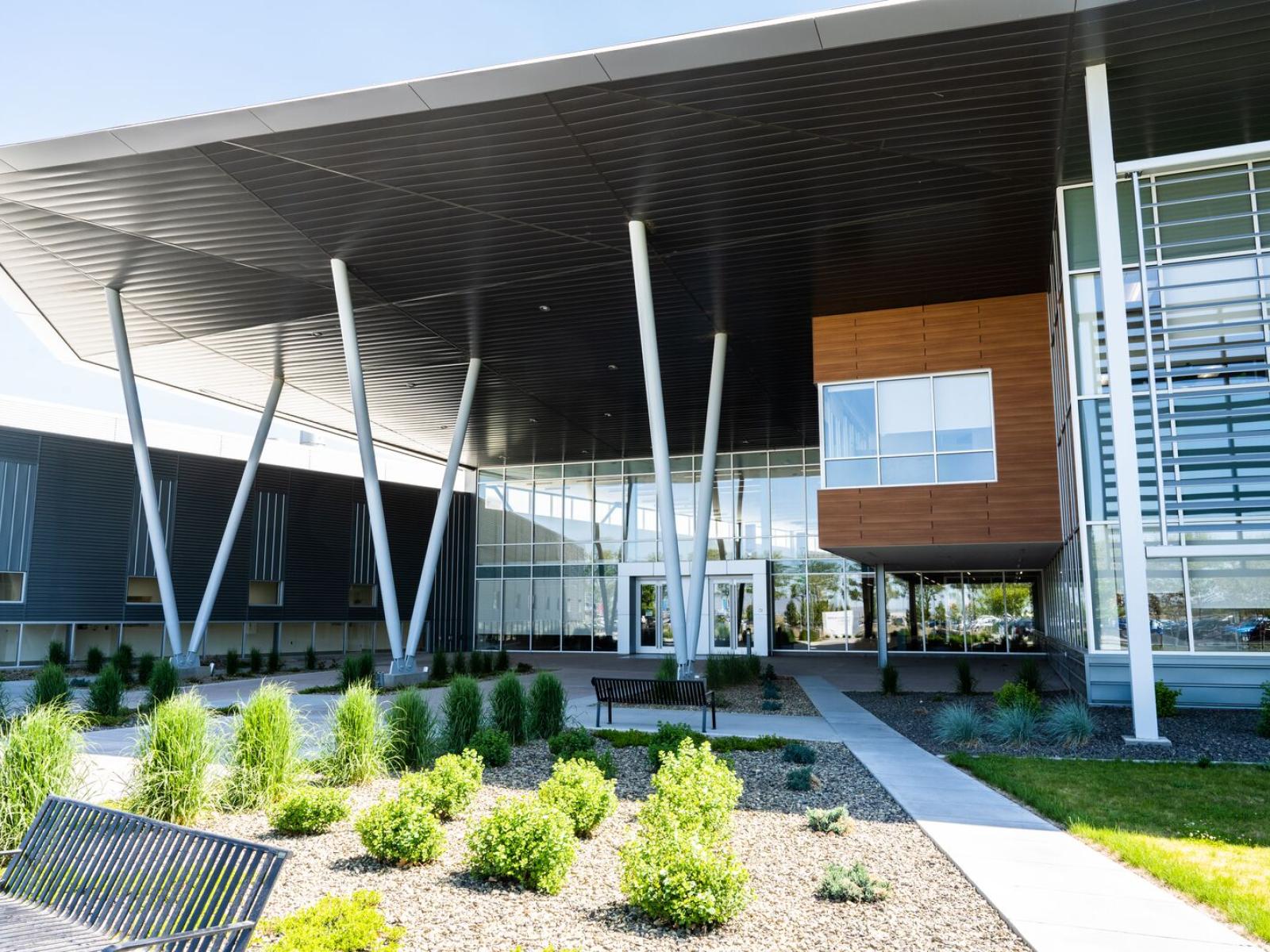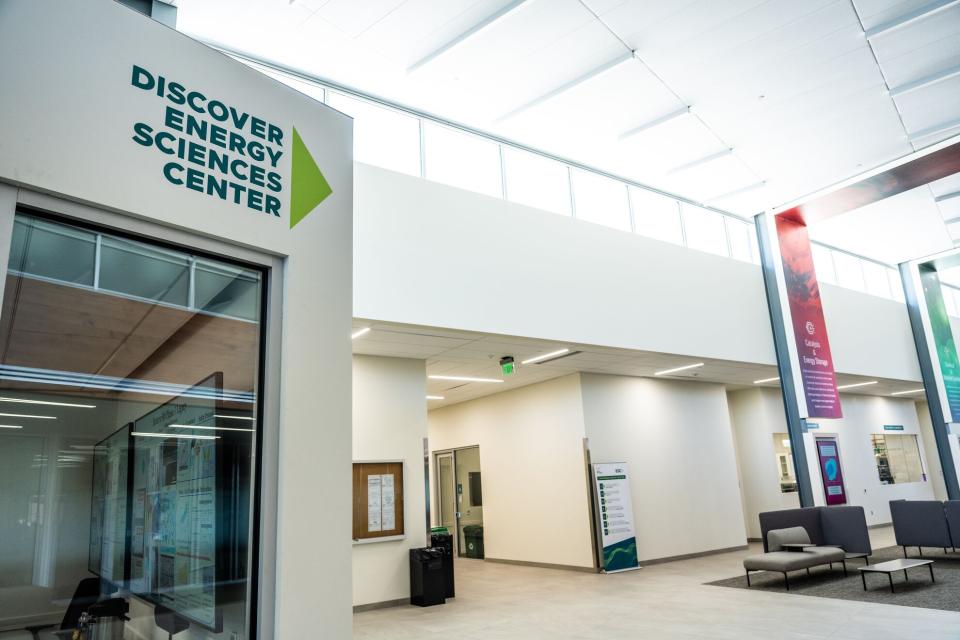Energy Sciences Center
Energy Sciences Center

Related Links
Institute for Integrated CatalysisNorthwest Institute for Materials Physics, Chemistry, and Technology Joint Center for Energy Storage ResearchInterfacial Dynamics in Radioactive Environments and MaterialsComputational and Theoretical Chemistry InstituteCenter for Molecular ElectrocatalysisPhysical Sciences Division

